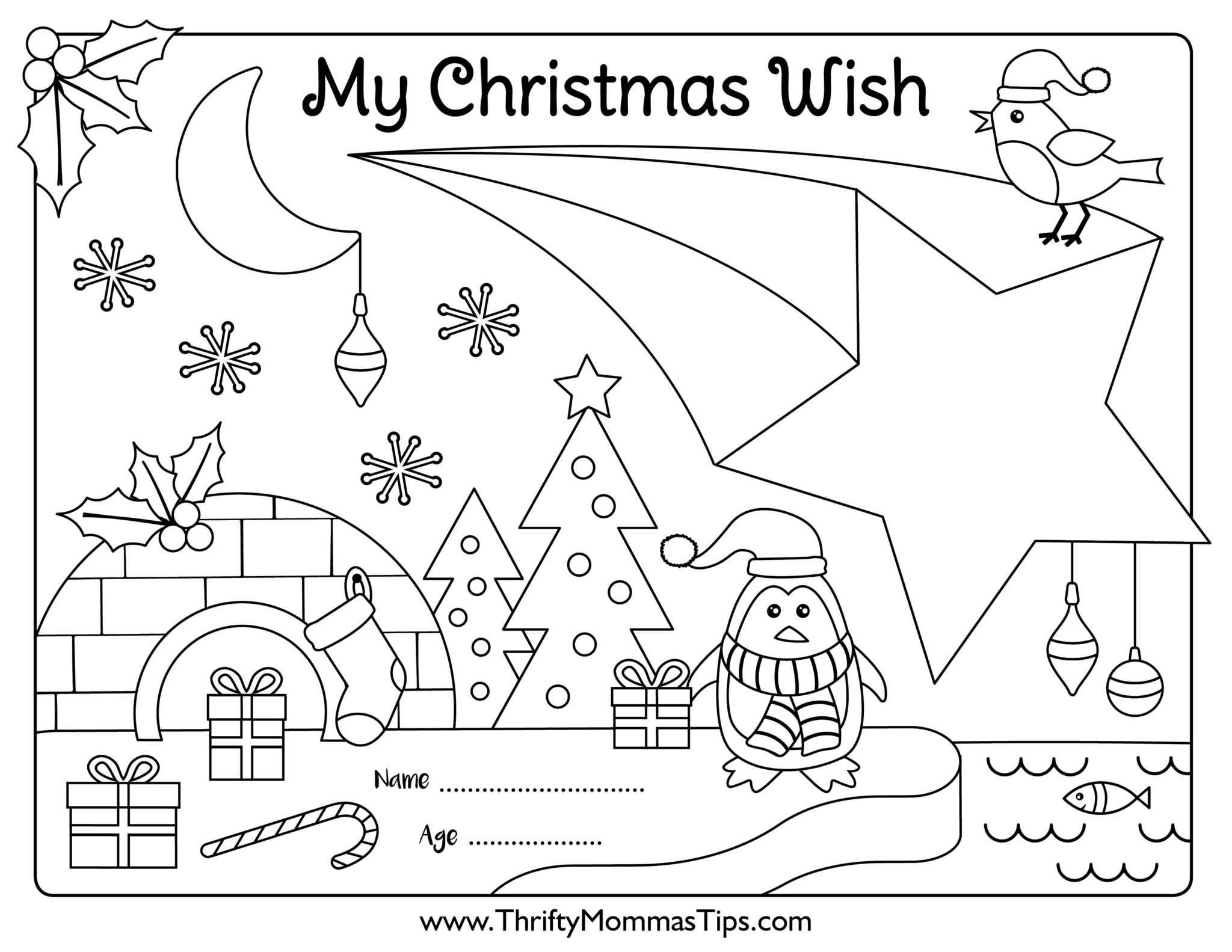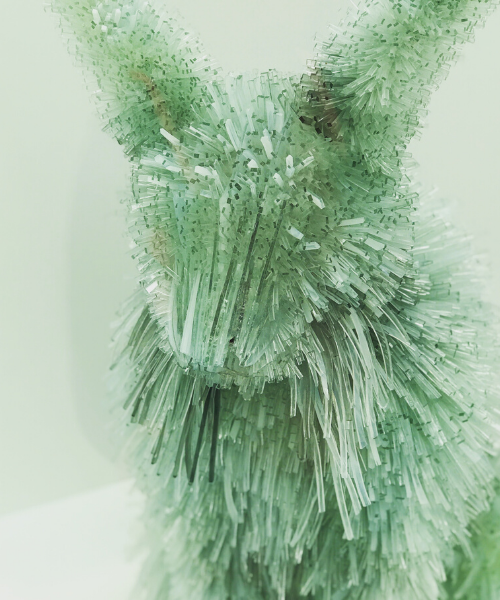We Don’t Get That – Friendships and FASD (Fetal Alcohol Spectrum Disorder)
“You know how everyone else has a best friend when they are small and they kind of grow up with them? Well, it’s like we don’t get that.” – my daughter, 15, who has FASD.
Recently we found a peer support group for my younger daughter. This has been a long time coming. In fact, I’ve basically been looking since she was old enough to have been diagnosed with FASD (fetal alcohol spectrum disorder) at 4 or 5.
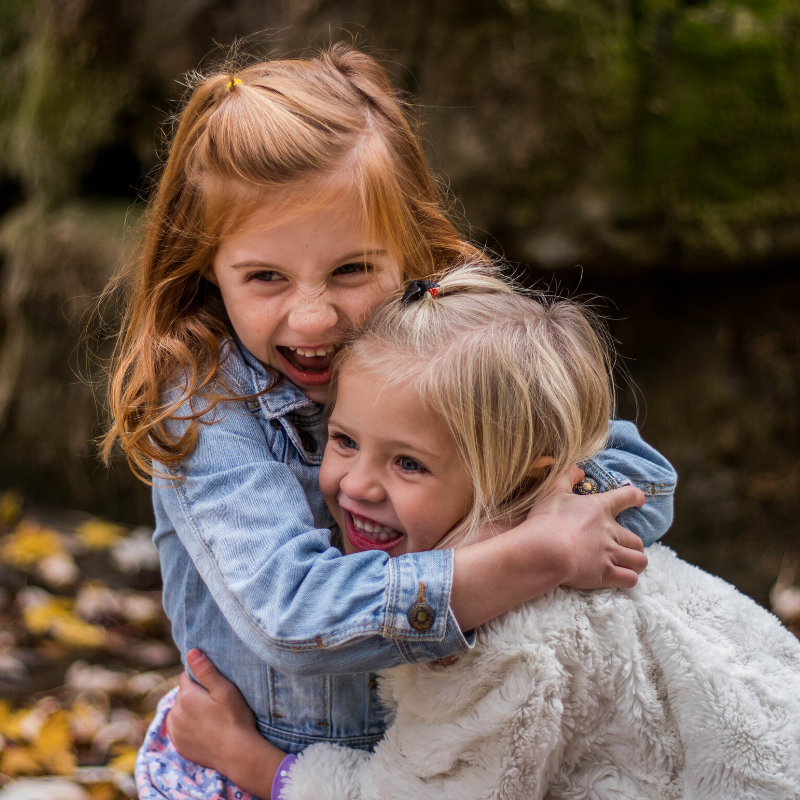
For years, we had nothing. No support. No local FASD parenting group. I mean, I had a loose group of online advocates and we connected on Facebook and Facebook Messenger occasionally when we needed to advocate for something, or for a service for our kids.
Our Journey to Get Information
When my youngest was first diagnosed, I actually had to fly to other provinces to figure out what to do with her and what schools were doing differently than we were here in Ontario. Sad, but true. Ontario was and still is, light years behind BC and Alberta, Saskatchewan too.
Change is Slow
But, that said this past fall we have found things are slowly evolving and changing here for the better. It’s not uncommon for one of my teens who works with kids part time to come home and say: “Today one of the parents pulled me aside to say, their child has FASD.”
First of all kudos to those parents for knowing and for clearly also advising teachers, support staff and even karate or sports instructors. Second of all, they are in good hands because my teen has a lifetime of experience with handling kids who have special needs already and she’s only 18.
I am always astonished when I hear that a young child has been diagnosed and that their parent was proactive, because hurray for knowing. Knowledge is power. Having the right diagnosis and label is vital for so many reasons. I wrote a post about that once.
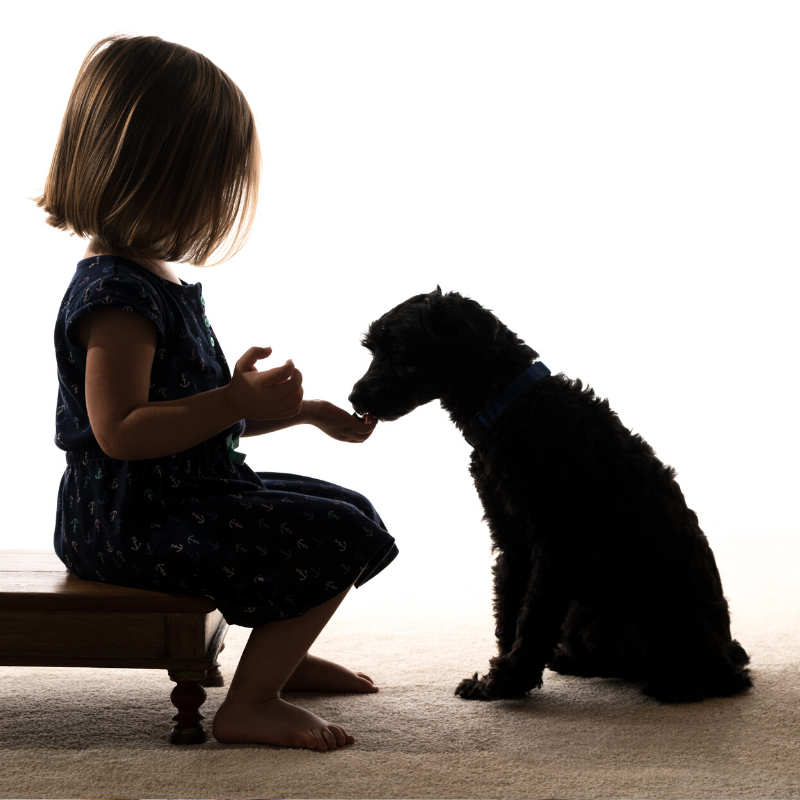
A Long Way to Go
So, that tells me awareness is happening and the stigma might finally be wearing down. That said, we have a million miles to go to get to where autism advocacy groups are. FASD is obviously not the same as autism but you can easily look to the autism groups as examples for successful advocacy models and approaches.
Lord knows parents of kids and youth who are autistic, have had huge hurdles over a period of decades lining up support, fighting for change and always being vigilant against erosion of services and cutbacks too. I am more than aware also that they have a way to go still to get to the place where autism support is accessible and available for all who need it. However, they did many things well and plenty of advocacy groups can learn from their example.
Peer to peer support is extremely valuable. In fact, there’s nothing more cost effective or efficient than peer to peer support systems. For about a year or more I have been hearing about a supportive FASD group that meets occasionally in London locally. Finally this past October we tried it out and found it to be pretty useful. So, that’s very positive.
While I go and sit with other parents and we discuss strategies and things that work and don’t work, my youngest splits off into a youth group. It’s supervised and she is able to connect with easily 8-10 other kids in her age group, who also have FASD.
FASD and Friendships
FASD and friendships can be hard for so many reasons. Kids with FASD struggle with social skills and emotional regulation. Sometimes they look and act differently and frankly that’s not something that other kids respond well to often. Kids often ostracize people who are different.
Sometimes I totally understand this, because supporting someone with FASD can be exhausting. I am dead exhausted much of the time. We all are here. So, I can appreciate that FASD and friendships sometimes seem challenging. That’s a common theme for most families with a child who has special needs.
Life with teenagers is a roller coaster. Now add FASD to that and social delays and deficits. When we started going to the FASD group, my daughter was not happy to be honest. Another thing added to her schedule when she’d much rather be at karate or at home on Snapchat or FaceTime with contacts. I barely got her there.
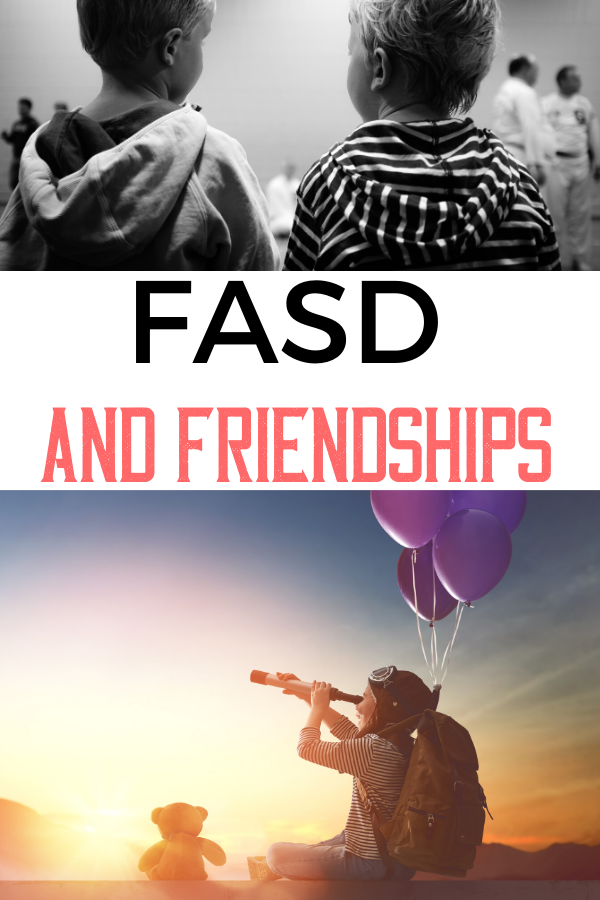
“Try it,” I said. “Nothing to lose by trying it.”
“Fine,” I think she eventually conceded.
So, we went and she seemed to do okay and more importantly she suggested she’d like to go again.
Interesting, I thought.
And the next time we went, she protested a little bit less. At the end of our second time ever at the FASD group she started talking about the friends she’d made there. Friends who looked a lot like her and seemed to have some similar characteristics.
She’d seen herself reflected there and it was a powerful thing.
I asked her on the way home if she liked the group and when she said yes I asked why. Sometimes, my kids both have a flare for the dramatic, but occasionally they provide extremely sharp insight into life with anxiety and life with FASD. Once in awhile they break my heart with what they say.
“Why is it important to you to have friends who also have FASD?” I asked.
What she said speaks to FASD and friendships and simply being a youth with special needs and it broke my heart a little bit.
“You know how everyone else has a best friend when they are small and they kind of grow up with them? Well, it’s like we don’t get that.” – my daughter, who has FASD.
